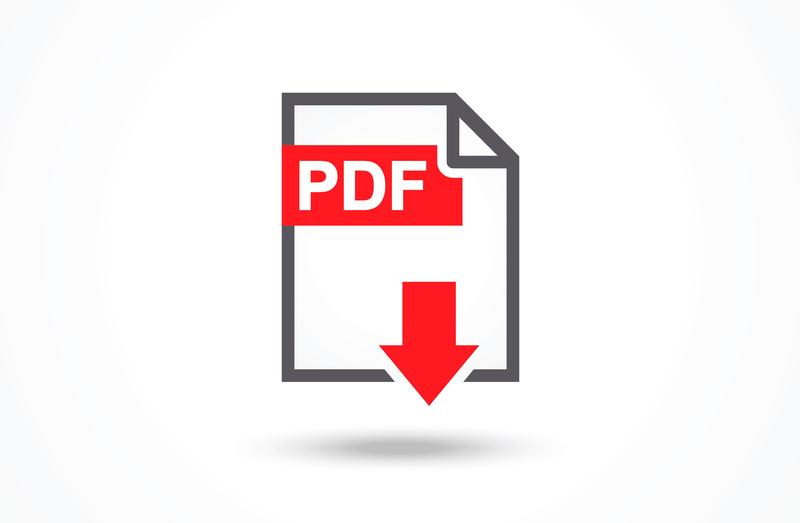DICTA 2021 - Call for Submissions
Call for Papers 
The International Conference on Digital Image Computing: Techniques and Applications (DICTA) is the flagship Australian Conference on computer vision, image processing, pattern recognition, and related areas. DICTA was established in 1991 as the premier conference of the Australian Pattern Recognition Society (APRS). DICTA 2021 is technically cosponsored by the Institute of Electrical and Electronics Engineers (IEEE) and the International Association for Pattern Recognition (IAPR). Accepted papers will be submitted for inclusion into IEEE Xplore subject to meeting IEEE Xplore’s scope and quality requirements.
Topics include, but are not limited to, the following:
- Computer vision
- Image coding and processing
- Statistical and structural pattern recognition
- Machine learning
- Shape and texture analysis
- Human-computer interaction
- Content-based image retrieval and image databases
- Biomedical and e-health applications
- Astronomical image analysis
- Surveillance, defence and industrial applications
- Special Session on Deep Learning for Earth Observation and Remote Sensing (Best Paper Award sponsored by SmartSat CRC/AI4Space Research Network)
- Special Session on Machine Learning for Medical Image Analysis (Best Paper Award sponsored by Singular Health Group Ltd)
Authors are invited to submit papers of up to 8 pages according to the guidelines on the conference website. Each paper will go through double-blinded peer review. It is a condition of publication that each paper is presented at the conference. Each accepted paper must be registered by an author before the early registration deadline to avoid withdrawal from the conference proceedings and technical program. It is a condition of publication that accepted papers are presented by one of the authors.
Special Session on Deep Learning for Earth Observation and Remote Sensing
A variety of remote sensing imagery has been available at an increasingly higher resolution and a faster pace to better empower many applications such as earth observation, due to the advancement of various sensing technologies. To manage the challenges imposed by the exponential growth of such image data, to maximise the value of such abundant data, and to develop innovative and advanced solutions for earth observation, new technology innovations are essential for improved processing, analysis, and understanding of such remote sensing images. In recent years, deep learning has led to many successful breakthroughs for a wide range of vision tasks. Similarly, many deep learning algorithms have been proposed in the fields of earth observation and remote sensing. This special session aims to solicit and present high quality innovative papers on the following topics, but not limited to:
- Deep Learning for Environment Monitoring (e.g., Land, Forest, Soil, Water and Ocean)
- Deep Learning for Natural Disaster Prediction and Detection
- Deep Learning for Crop Health Monitoring
- Deep Learning for Remote Sensing based Urban Computing
- Deep Learning for Remote Sensing Object Detection
- Deep Learning for Remote Sensing Image Classification
- Deep Learning for Remote Sensing Image Change Detection
- Deep Learning for Remote Sensing Image Compression
- Deep Learning for Remote Sensing Image Fusion
- Deep Learning for Remote Sensing Image Super-Resolution
- Deep Learning for Satellite Missions and Global Navigation Satellite System (GNSS)
With the generous support from the SmartSat CRC and the AI4Space Research Network, a Best Paper Award has been established for the submissions of this special session. We are also planning a challenge and will provide more details in due course.
Organisers
- Zhiyong Wang, The University of Sydney
- Mohammad Awrangjeb, Griffith University
- Jun Zhou, Griffith University
- Xiuping Jia, The University of New South Wales
- Clinton Fookes, Queensland University of Technology
Special Session on Machine Learning for Medical Image Analysis
Machine learning is having a substantial impact on medical imaging. In multiple problems, machine learning algorithms have achieved unprecedented performance and set the state-of-art. Past the initial introduction of the basic methods to the research community, today, we are witnessing a transition on how machine learning is being used, tailored and specifically developed for medical imaging. Researchers, having reached a deeper understanding of the methods, on one hand are proposing elegant ways to better integrate machine learning with neural networks in complex problems (such as image reconstruction), and on the other hand are advancing the learning algorithms themselves. This special session aims to solicit and present high-quality innovative papers on the following topics, but not limited to:
- Machine Learning for medical imaging-based diagnosis
- Machine learning techniques for early detection of diseases using medical imaging
- Machine Learning for the prediction of COVID-19 using medical imaging
- Medical Imaging Datasets for machine learning algorithms
- Machine Learning for synthetic medical data generation
- Few shot learning for medical image analysis
- Machine learning based multi-modal medical imaging techniques
With the generous support from the Singular Health Group Ltd, a Best Paper Award has been established for the submissions of this special session.
Organisers
- Syed Mohammed Shamsul Islam, Edith Cowan University
- Syed Afaq Ali Shah, Murdoch University